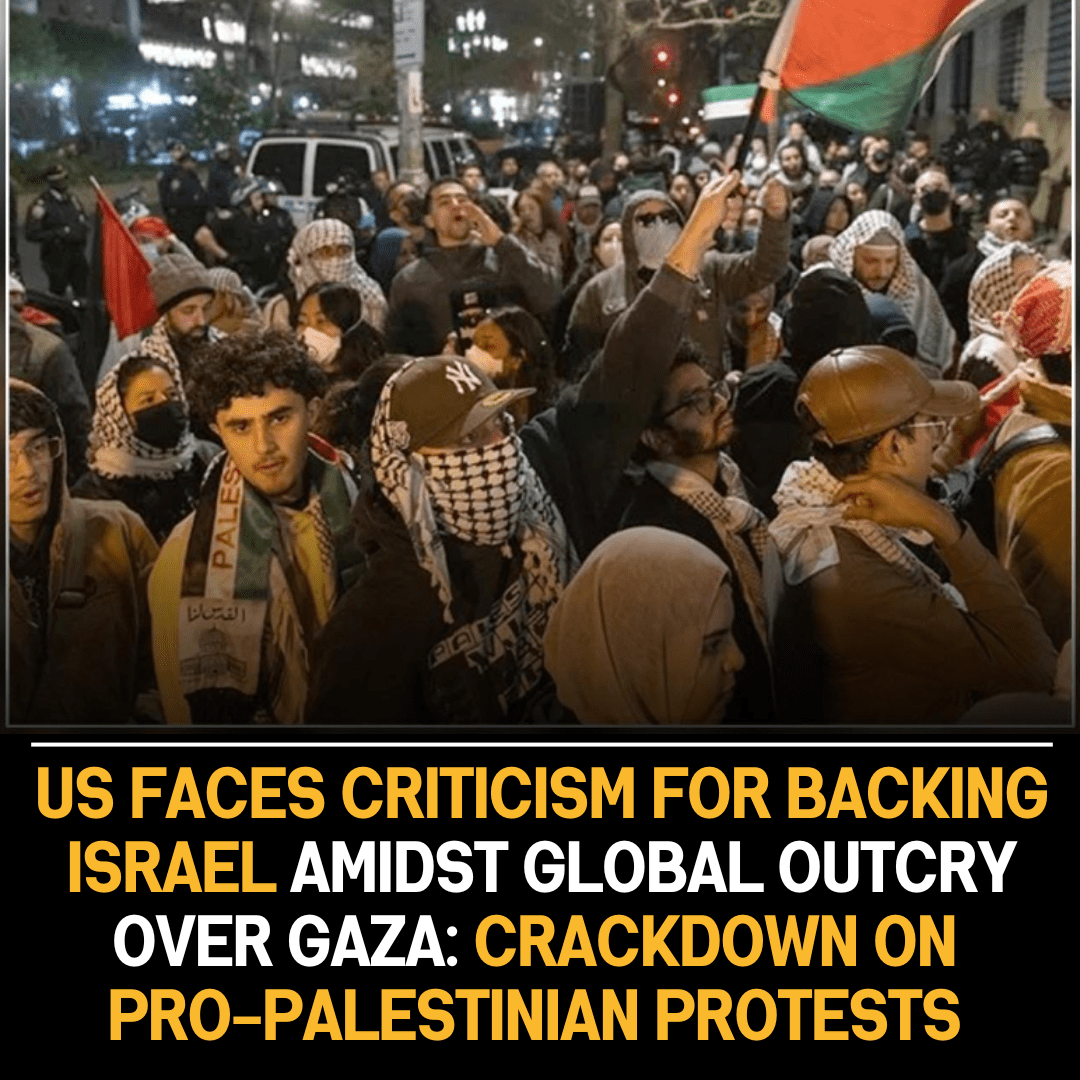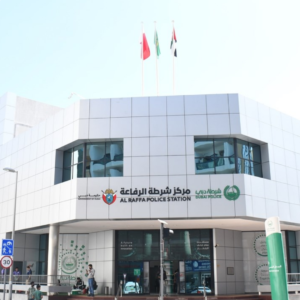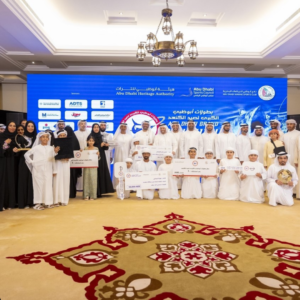The United States finds itself amidst a storm of criticism for its unwavering support of Israel amid escalating tensions and international condemnation of the situation in Gaza. As the Israeli-Palestinian conflict intensifies, the U.S. stance on the matter has come under scrutiny, with many accusing the nation of siding unequivocally with Israel, despite mounting civilian casualties and humanitarian concerns in Gaza.
The backlash against the U.S. stems from several factors, including its longstanding alliance with Israel, significant military and economic aid provided to the country, and its use of diplomatic channels to shield Israel from condemnation in international forums such as the United Nations. Critics argue that this unwavering support undermines efforts to address the root causes of the conflict and perpetuates the cycle of violence and suffering in the region.
Amid the international condemnation of the situation in Gaza, universities in the U.S. are facing pressure to clamp down on pro-Palestinian demonstrations and activism on campus. These universities, often seen as bastions of free speech and academic freedom, find themselves navigating a delicate balance between upholding these principles and addressing concerns over the potential escalation of tensions and violence.
Some universities have taken steps to restrict pro-Palestinian demonstrations, citing concerns about maintaining campus safety and preventing disruptions to academic activities. These measures have sparked controversy and drawn criticism from student groups and activists advocating for Palestinian rights, who argue that such restrictions infringe upon their freedom of expression and limit their ability to raise awareness about the plight of Palestinians.
The clampdown on pro-Palestinian demonstrations at universities reflects broader challenges surrounding the Israeli-Palestinian conflict, including the polarization of opinions, the politicization of campus discourse, and the complexities of addressing contentious issues in academic settings. It also highlights the ongoing struggle to balance competing interests and perspectives while upholding principles of inclusivity, diversity, and freedom of speech on college campuses.
Overall, the backlash against the U.S. for its support of Israel amid international condemnation of the Gaza situation underscores the complexities and challenges inherent in addressing the Israeli-Palestinian conflict. As tensions continue to escalate and voices on all sides grow louder, finding a path towards peace and justice remains an elusive but essential goal for the international community.









